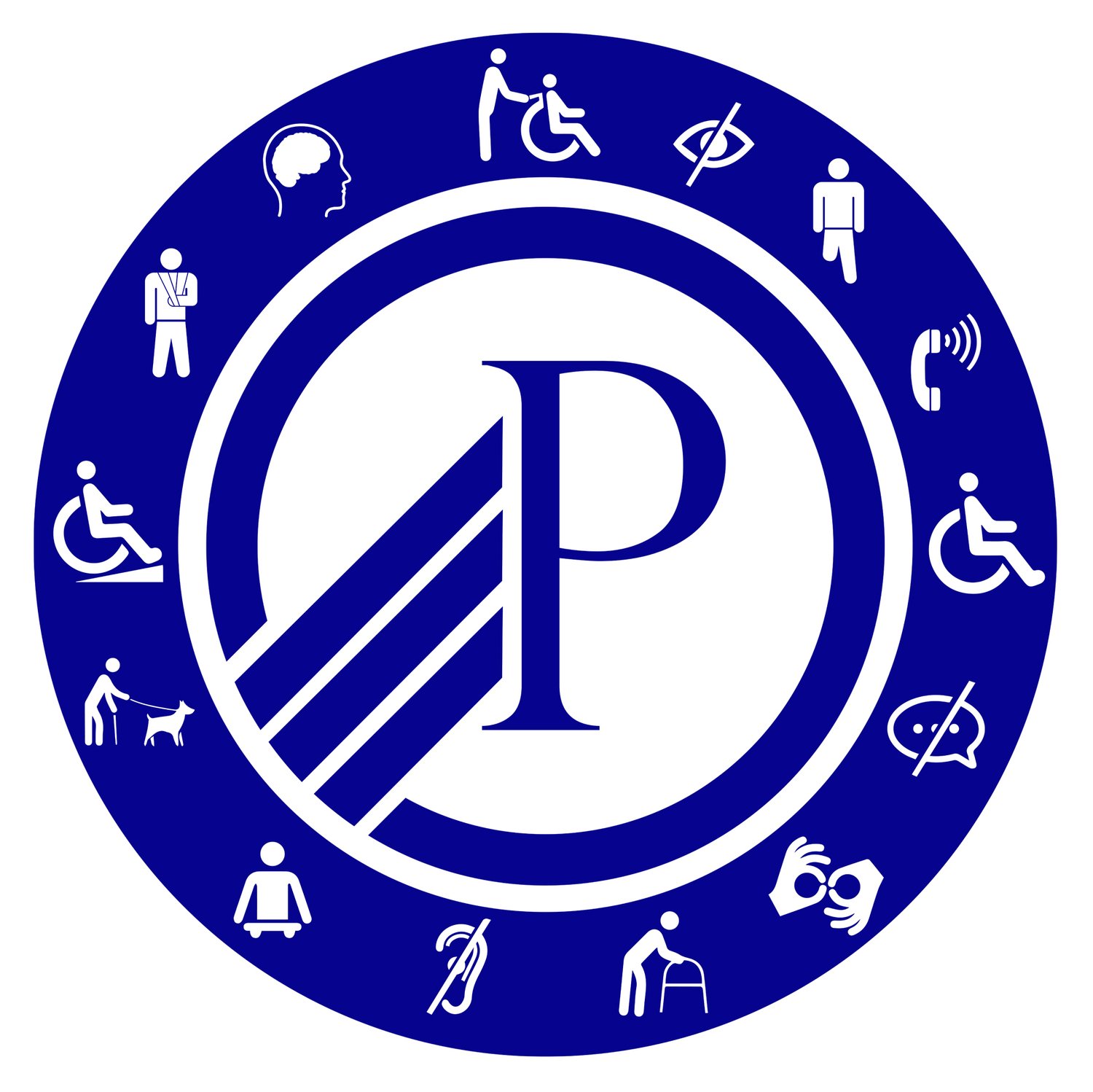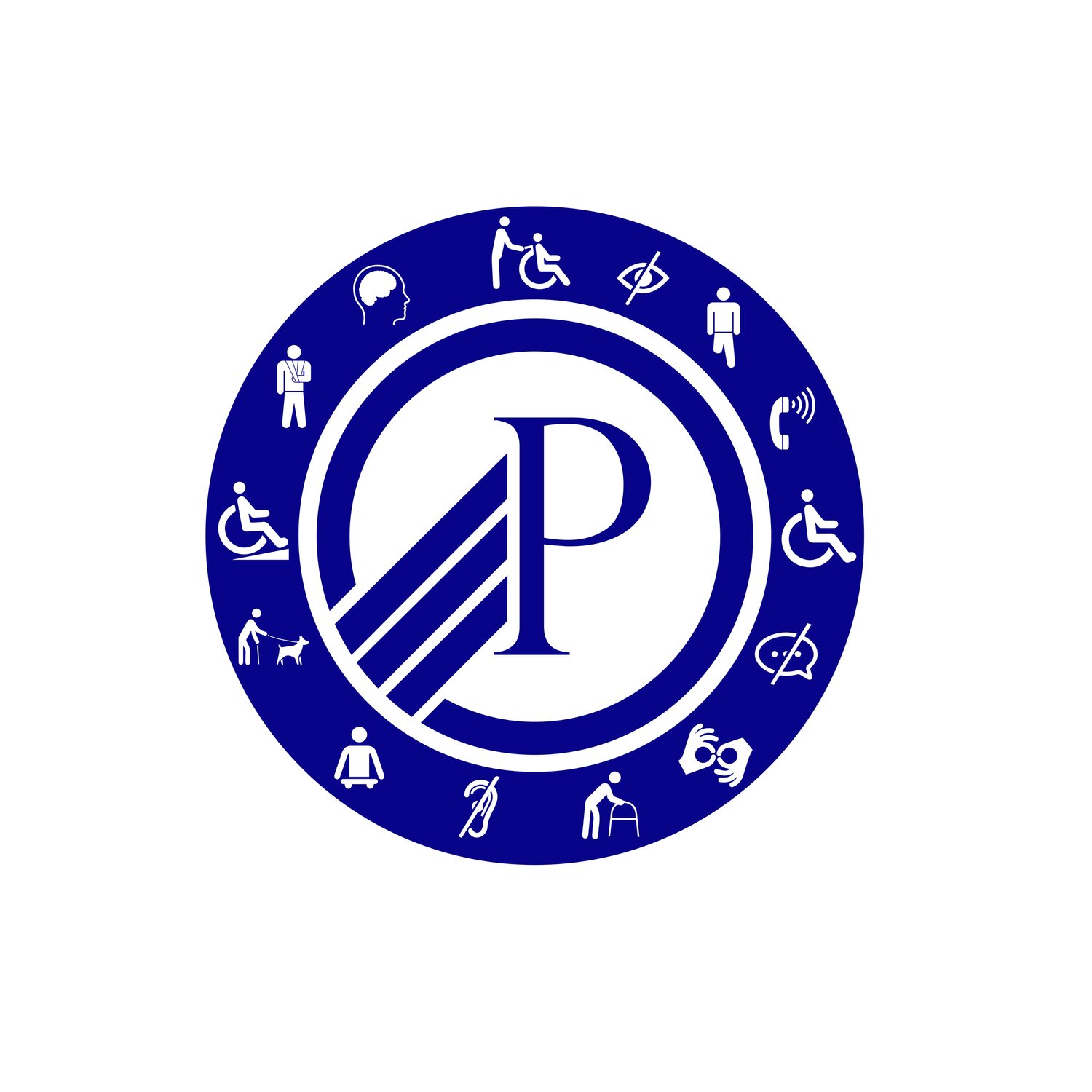There is More Than One Way to Teach: Overcoming Ableism to Find the Teacher Inside
Jason Hahr
P3 contributor. Although most of my work has covered the disability rights movement, I am passionate about many topics. I have a dual bachelor’s degree in history and drama from Edinboro University. I also have a Master’s in education.
According to the Centers for Disease Control over 61 million American adults have a disability. Does that number surprise you? I know it surprised me, and I am one of those 61 million people. After taking a breath and rereading that number, it got me thinking. Since more than 25% of Americans have some form of a disability, has disability become the norm, or is Ableism in America more pervasive than ever before?
My name is Jason Hahr, and while my experience does not speak for all, you will soon see why I believe that Ableism still plays a significant role in American society. To set context for this conversation it is important to note that Merriam-Webster defines ableism as “discrimination or prejudice against individuals with disabilities”. You may be wondering what gives me the authority to speak on the subject? Since that is a fair question, let me tell you a little bit about myself.
I am a 35-year-old male with a rather severe form of cerebral palsy. I use a wheelchair to get around, and I need help with everyday activities such as eating, getting dressed, and even taking care of personal hygiene. That being said, given the various effects cerebral palsy can have on people, I am pretty lucky. Those who know me will tell you that if it weren't for my inability to drive my chair without running into almost everything, I would have already taken over the world. They say this with love as they try to avoid losing their toes when I role by. I was lucky enough to be blessed with amazing family and friends. I have even had those on the outside who see the way I act with my family and friends say to me something to the effect of "you act like you don't even notice your disability." I consider that to be the biggest compliment anyone could give me. I honestly believe that it is because of the environment I was raised in that I was so "green" and not ready for the major dose of Ableism I faced during graduate school.
I have always been intelligent and have always enjoyed learning as I believe that it is in our nature to be constantly curious. Maybe that is why I was drawn to the teaching profession. I fell in love with history and anything to do with the past from an early age. My goal after high school was to go to college and become a history teacher. I obtained my bachelor's degree in history and theater (yes, I was one of those goofy kids going around constantly quoting musicals or TV shows). After graduation, I took a semester off to focus on myself. I quickly realized that I needed to get a teacher's certification in history to become a teacher. It's funny, no one mentioned that during my undergraduate career. Oh well, better late than never, right? In the summer of 2010, I reenrolled at Edinboro University in Pennsylvania. I did not think there would be an issue, the least of which being ableism, seeing as this was the school where I completed my undergraduate work and for the most part, did not experience discrimination. However, I would soon realize that not only can ableism happen when you least expect it, but sometimes ableism can change the course of one’s life.
As I have said earlier in this piece, I need help doing pretty much everything physically. I can't even type on a computer without the assistance of either someone else or voice recognition software like I am using to dictate this piece. Since I had no background in education, I decided to get my master’s degree in education as well as a history teacher certification. Everything was going just as smoothly as my undergraduate work had, that was until I reached my final two courses required to get my teacher's certification. Apart from the classwork, you are also required to have classroom experience before graduating. For those unfamiliar with the process this pretty much translates into a full year of free labor. This is a simplistic but accurate way of looking at the two semesters of fieldwork every prospective teacher must perform. Approximately three months before what is known as "Junior Field," you meet with your advisor, who starts the process of finding two different schools – one for you to do your Junior Field at, as well as one for your second semester of student teaching. The process begins early to provide the best potential match for each student.
Given the challenges my disability presents daily, I knew that my experience with student teaching would be different. Although at the time Edinboro University was known for providing opportunities for people with disabilities, surprisingly enough, they had never placed a student with a disability as severe as mine in a school for student teaching. I knew they had placed others with less significant disabilities, but I would be the first to bring a personal care aide with them as far as I knew. Without getting into the exact language they used, they decided they would not be able to find a school willing to accept me and my aide. Without even looking for a school, they shut me down. I was determined not to be turned away. I attempted to find a school that would have me on my own, and what do you know, I was able to find that said school. They then chose to hide behind the excuse that "your aide will have to manage the classroom for you." Just because I can’t physically pass out papers, that does not mean I cannot create the material or ensure that the students comprehend the content. There is more to teaching than just the physical aspects, if that was the case couldn’t a robot do it? The University’s unwillingness to think outside of the box is a clear example of ableism in action. I ended up trying to fight with the University for almost a year, but eventually I had to move out of state due to circumstances beyond my control.
As the title of this piece says, there is always more than one way to teach. Although I'm not currently teaching in a classroom, I have turned a negative situation into a positive one. I focus on disability advocacy as a whole. I often refer to the disability rights movement as the last significant civil rights struggle in America to gain mainstream attention. I am not trying to diminish other civil rights movements at all. I see the disability struggle as a companion to other groups such as African Americans, women, and other minorities.
When I was denied the opportunity to prove to my school that I could manage a classroom, they unknowingly inspired a lifelong passion for advocacy. I believe that only through our trials and tribulations can we become powerful advocates. As a result of the blatant ableism I faced, I decided to refine my focus in life. It took me a while, but about four years ago, I found the perfect opportunity to increase my role within the world of disability activism.
In 2016, the American Association of People with Disabilities launched a nationwide campaign to increase the political involvement of people with disabilities. The program is REVUP (Register Educate Vote use Your Power). I was lucky enough to have the opportunity to start an affiliate chapter of the initiative in 2018. My colleagues Deborah Dietz and Tony Depalma realized that Florida needed to jump into action and join the movement. We are doing great work, but much more work needs to be done. While my work with Access the Vote Florida (ATVFL) continues, I understand that we must attack it from multiple angles to eradicate ableism. That is why it is essential for the stories of people with disabilities to be heard. While the disability vote is important, there are other ways to impact change. In that vein, this coming May, I plan to go back to school to get my Master's in screenwriting. I not only have a love for movies, but I also understand the power that the entertainment industry has in American society. Through the medium of film and television, the disabled community can reach a larger audience. I am not saying that I will win over hearts and minds overnight, but every little bit of progress is a victory.
In closing, it is clear that the struggles for an equal place in society for disabled people are far from over. Disabled people must continue to make their voices heard, and perhaps one day soon, we will no longer be a "Voiceless Minority."


